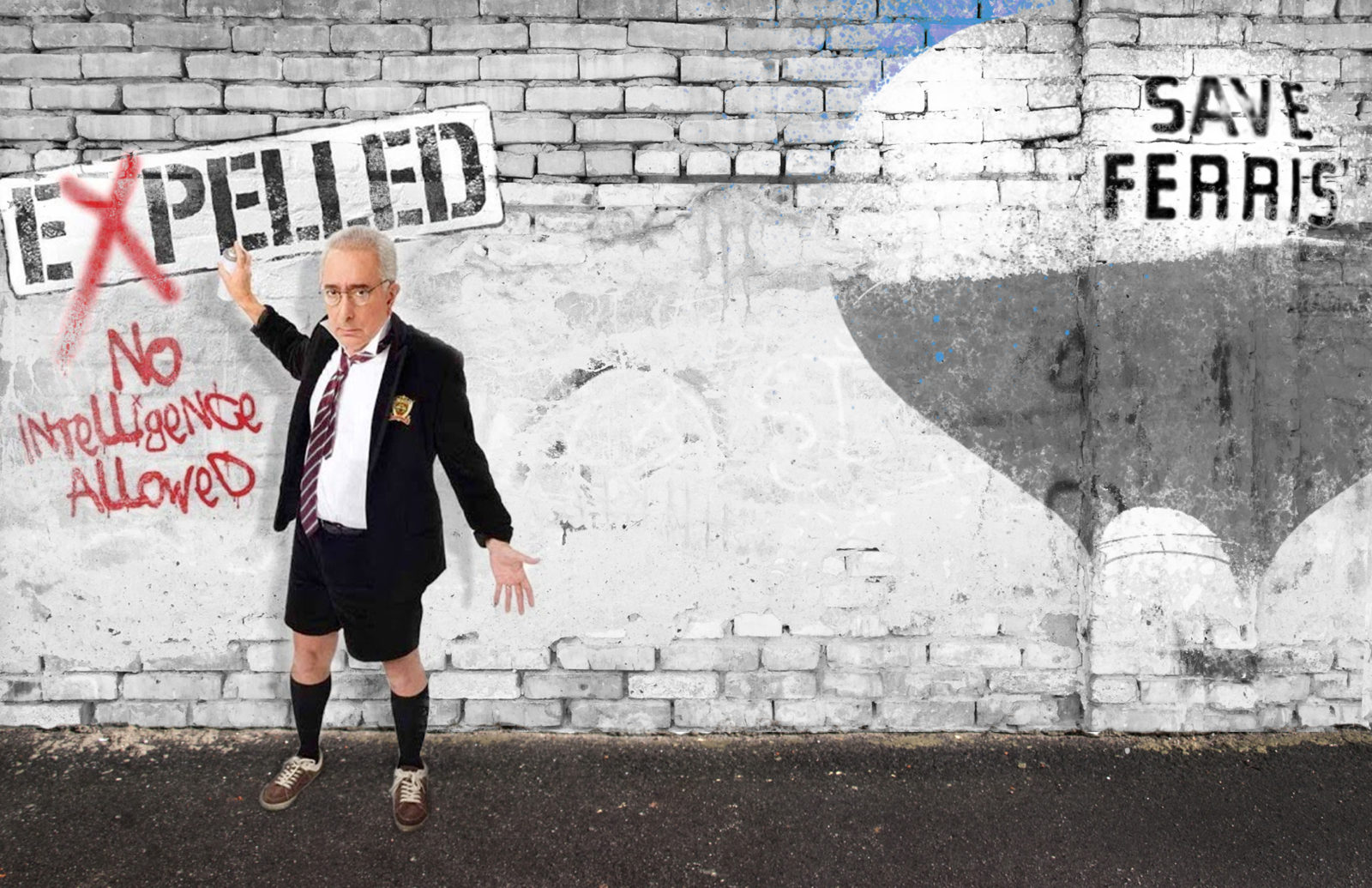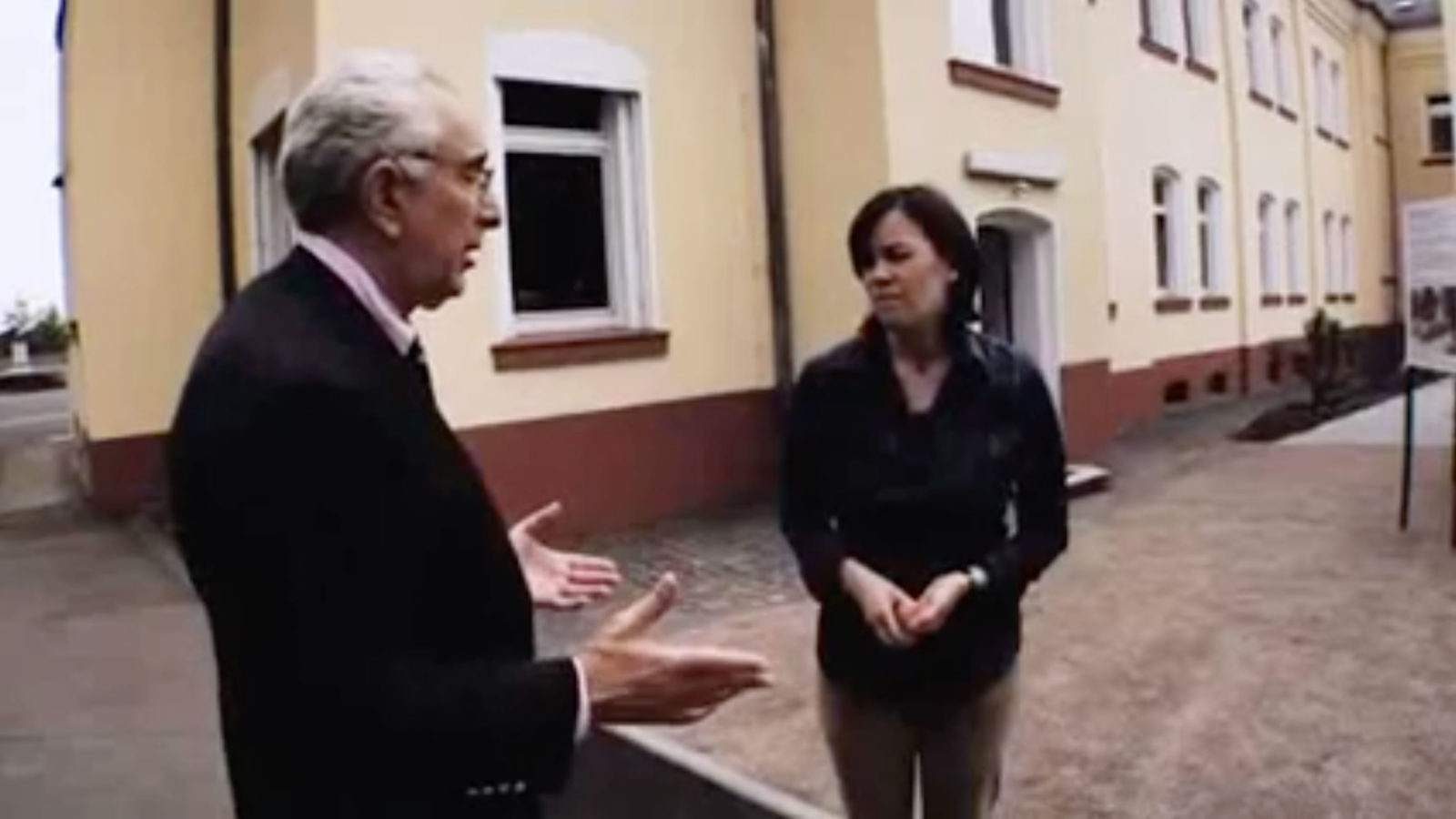Intelligent Critique
This article, published by National Review, mentions Discovery Institute Center for Science & Culture Senior Fellows Richard Sternberg and Guillermo Gonzalez: Dr. Richard Sternberg, a biologist, publishes a peer-reviewed paper, which posits evidence for intelligent design (ID) in the universe. … Iowa State University denied tenure to Guillermo Gonzalez, an accomplished astrobiologist. University officials admitted that Gonzalez’s work on ID Read More ›

